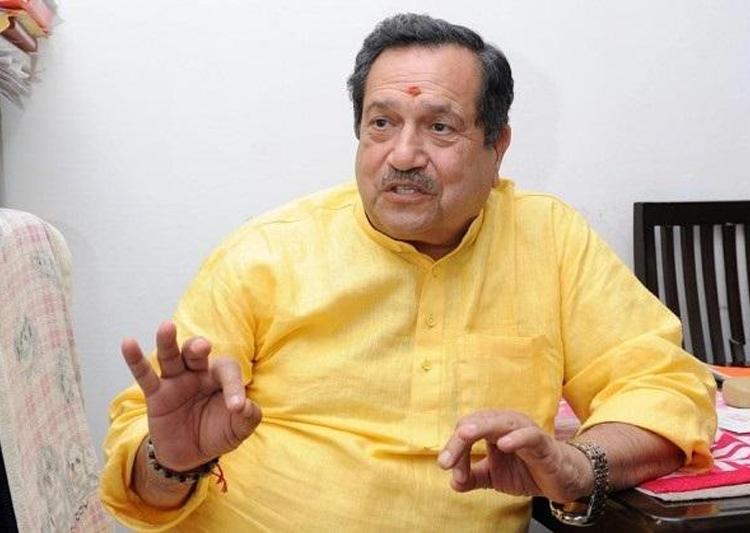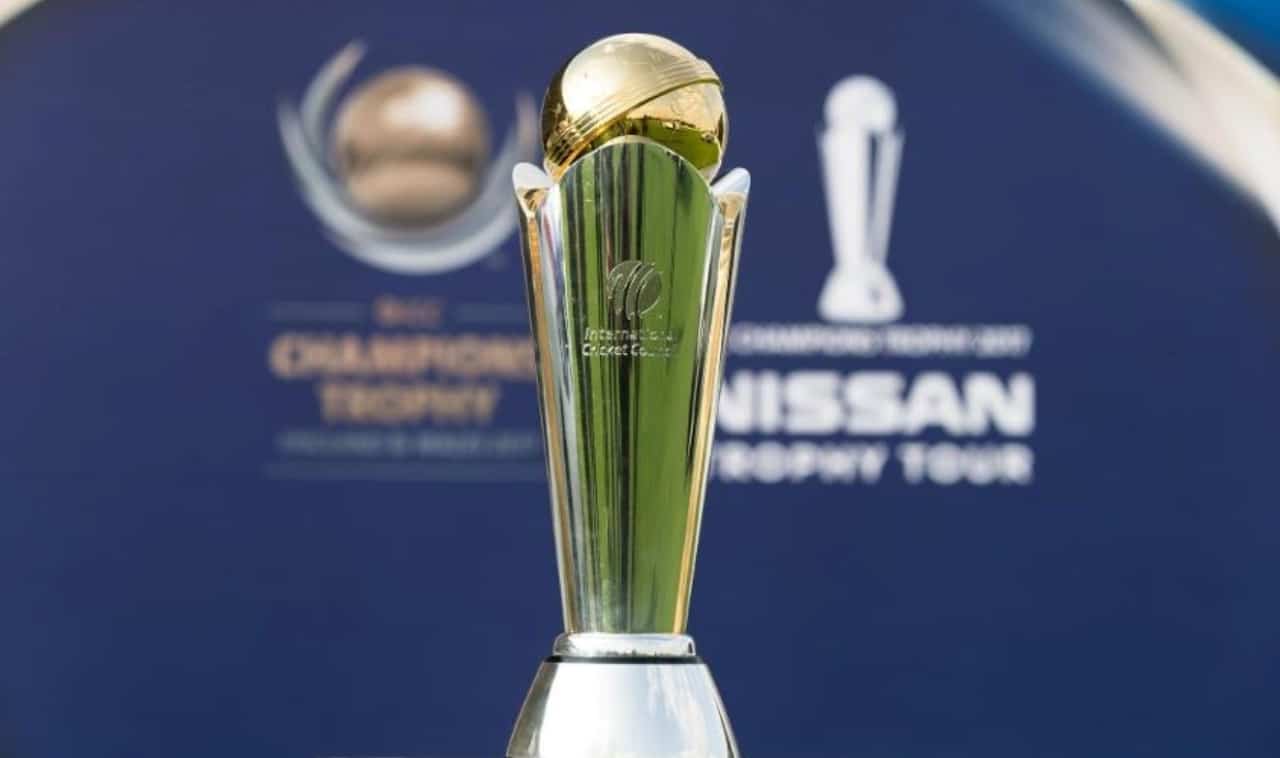G20 democratizes member countries

With the two-day G20 Summit scheduled to begin on Saturday, the question that is being asked: ”Can there be a joint statement that has the consensus of all the members”? While the optimists feel by and large the G20 members have already reached a consensus on various subjects at the ministerial-level meetings, the pessimists, however, feel otherwise. That may be the reason why Union External Affairs Minister S Jaishankar, who headed the Development Ministers meeting, made it clear that there would be a joint statement that did not necessarily have the consensus views of all, during an interview with news agency ANI. India hosting the G20 Summit on such a grand style after taking over its presidency itself stands testimony of the country’s growing image. This is despite the absence of the Presidents of Russia (Vladimir Putin) and China (Xi Jinping). While Putin’s decision appears genuine as his participation may pose personal threat to him in the wake of International Court’s verdict on the Ukraine invasion issue, Xi’s was perhaps due to a possible difficult or embarrassing situation he is in after the release of the controversial map, which is being opposed by as many as eight nations, including Russia. These nations were more vocal in criticizing China for unilaterally laying claim to some of India’s territory in the map.
India has kept the G20 Summit presidency theme as “Vasudhaiva Kutumbakam” (One Earth, One Family One Future). The theme is taken from the famous ancient Sanskrit text of Maha Upanishad, which means ‘Earth is a family’. The G20 or Group of 20 is an inter-governmental forum comprising 19 countries and the European Union (EU). It has been striving to address major issues related to the global economy, such as international financial stability, climate change mitigation and sustainable development. It does not have a permanent secretariat or headquarters. Instead, the G20 president is responsible for bringing together the G20 agenda in consultation with other members and in response to developments in the global economy. The G20 member countries are: Australia, Canada, Brazil, Argentina, India, China, Germany, France, the United Kingdom, the United States, Turkey, the EU, Indonesia, South Africa, Italy, the Republic of Korea, Mexico, Japan, Saudi Arabia and Russia. And, India is one of its founding members.
Prime Minister Narendra Modi on August 27 said the heads of 40 countries and many global organizations will be part of the two-day G20 Leaders’ Summit, which will be the ‘biggest’ participation in the summit history. India took over the G20 presidency from Indonesia on December 1, 2022. Last year, the summit took place in Bali on November 15 and 16. It was the first G20 meeting since Russia invaded Ukraine – the war broke out in February – and the first full-fledged physical leaders’ meeting since the Covid-19 pandemic began. Tensions were visibly palpable, if not high, during the Bali meeting. The Russia-Ukrain conflict had created an environment of growing rifts between the major geopolitical powers. There was also a fear that the summit would end without the release of a joint communiqué that showcases consensus among the participating countries.
The fact is India has assumed the G20 presidency at a time when the country is starting to emerge as a key player and the rest of the world looking at it to resolve many contentious issues prevailing across the globe. This was partly because of India’s economic achievements as it is the fifth-largest economy in the world. Jaishankar, who established a new foreign policy under Modi’s leadership, succeeded in isolating two of India’s irritant neighbours in the comity of nations at global platforms like the United Nations, feels that the country today is recognized as essential to the global workplace and the global talent pool. The External Affairs Minister in his address also made it abundantly clear that India has changed the world’s thinking about solar energy through the International Solar Alliance. “Today we are trying to change the world’s food habits through the International Year of Millets. We have created a collective way of responding to disasters through a coalition of disaster response,” he pointed out. “So, the whole perception of India today is not just a happening place where these big leaps of technology are made, but also as a trust-worthy friend.” As far as the Russia-Ukraine conflict is concerned he said the “conflict is today creating problems in fuel cost, in availability and prices of food grains, in the access and the price of fertilizers. It is creating inflation across the global economy. Nobody wants this conflict. The sentiment in the world today is for peace. We are not neutral, we are in favour of peace and the world is with us.” This sums up what’s in store for the much sought-after consensus statement by the doubting Thomases.



